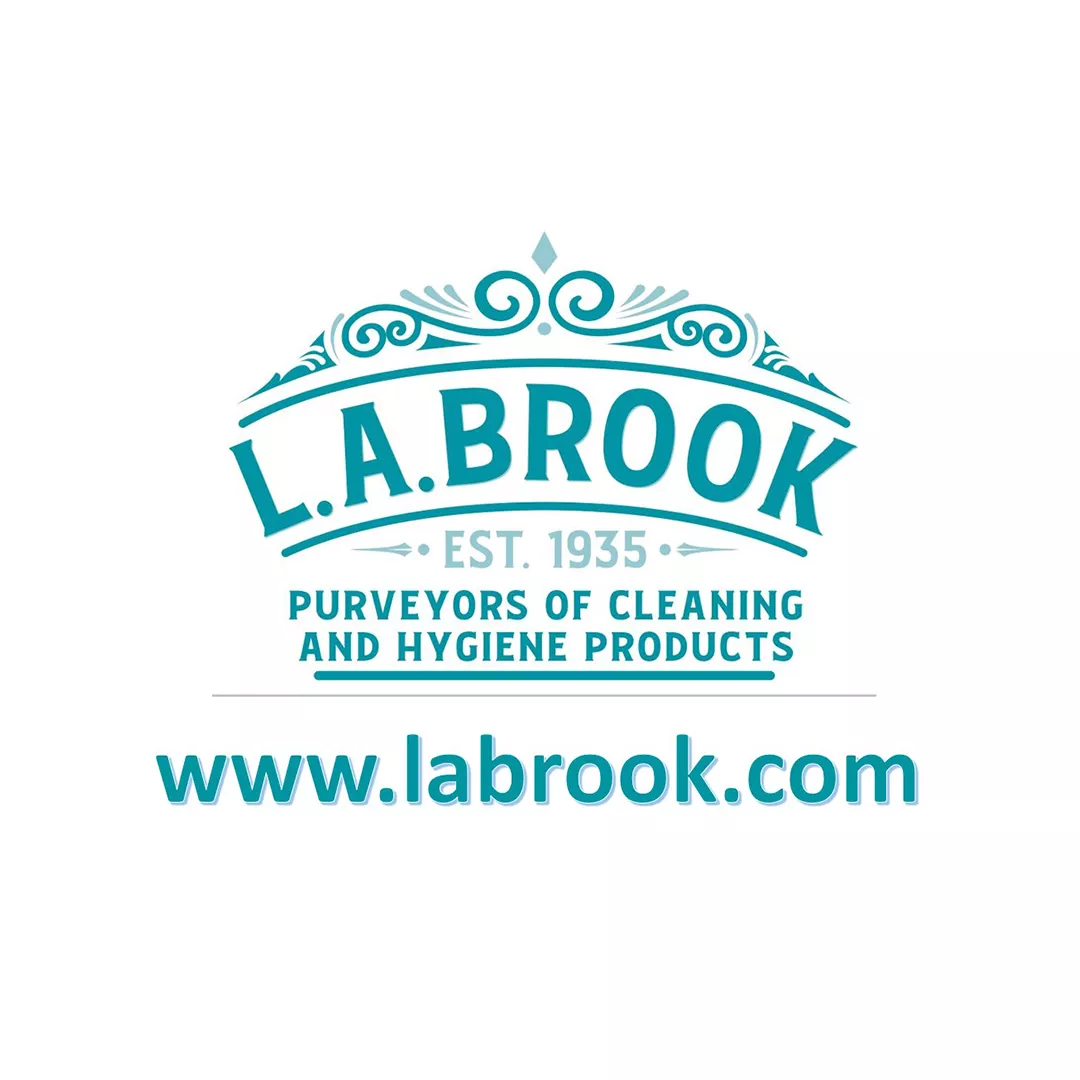There are a lot of headlines about Coronavirus at the moment – ranging from ‘what a fuss about nothing’ to ‘OH MY GOD WE’RE ALL GOING TO DIE!’ I’ve been asked a couple of times already by clients if I have any advice I can offer. Well, I’m not hugely better informed than anyone else – but I’m happy to summarise what I do know, with particular regards to sick pay.
Officially, there is essentially nothing any of us can do beyond taking basic hygiene measures – except for in cases where a person has travelled to an area known to have been widely infected with the virus (so that pretty much means anywhere).
Quick background
This novel strain of flu (known officially as COVID-19) is, on the face of things, exactly that: a strain of flu. Most people can expect typical flu symptoms – headaches, coughs etc. The real problems seem to be from the way the disease spreads: it spreads more easily and rapidly than regular flu.
And then there’s the mortality rate. Last year, around 1700 people died in the UK from flu. Many of these were those at higher risk in general – the elderly, and people with pre-existing conditions. The number varies wildly however – with an astonishing 23,800 deaths in 2014-15. On average then, the number of deaths for the last five years is thought to be around 17,000.
Where COVID-19 seems to differ is that early indications are that the mortality rate is actually a fair bit higher than regular flu – which suggests that it could possibly cause significant loss of life. However, it is still very early in the outbreak and numbers are uncertain.
But, knowing how easily COVID-19 spreads governments are treating the outbreak with unusual caution.
Advice for employers: general good practice
I would advise employers to take some practical measures to help contain the spread of the virus:
- Ensure managers recognise symptoms so they can identify any potential problems as quickly as possible (the WHO have a comprehensive guide)
- Make sure the workplace is provided with hot water and hand sanitiser
- Make sure emergency contact details are up to date
- Check any foreign travel advice if you deal internationally
- It may be worth gathering a team together to look at continuity plannin in the event of large numbers of absences and/or problems with suppliers
This should go without saying, but make sure that there is no discrimination against someone based on race: their have been reports of Chinese and Asian people receiving abuse because of perceptions that they are spreading the virus. The virus makes no discrimination about race, and a tribunal will likely find against you if you allow suggestions like that to be made among your employees.
Advice for employers: sick pay
For anyone confirmed to have Coronavirus then usual sick pay rules apply (see your company handbook, relevant legislation, or give me a bell!)
The unusual situation here is that advice has been given for people to self quarantine if they have been in contact with the virus, or travelled to a place widely infected by it.
Of course this means they might not be sick at all, but have been advised to stay at home for up to two weeks to try and prevent the outbreak gaining ground in the UK.
If you employ someone in this situation, there is no legal obligation at all to pay sick pay, but:
- If you don’t pay sick pay, it will encourage potential infected employees to come back to work before it’s sure that it is safe to do.
- If you allow someone to come into work who actually turns out to be infected, it will spread more widely through the workplace – which could have severe consequences overall.
- As the virus spreads, it may be that people are called to act as carers – such as parents or people with elderly parents. Again, there is no legal obligation to pay people if they are forced to take time off for emergencies of this kind, but I advise that it is good practice to do so.
- If an employee has been told by a doctor or other medical professional to self isolate, they likely will not be able to get a sick note as such.
If you think that someone at work might be infected with Coronavirus, it is recommended that you contacted your local PHE health protection team for further medical advice.






